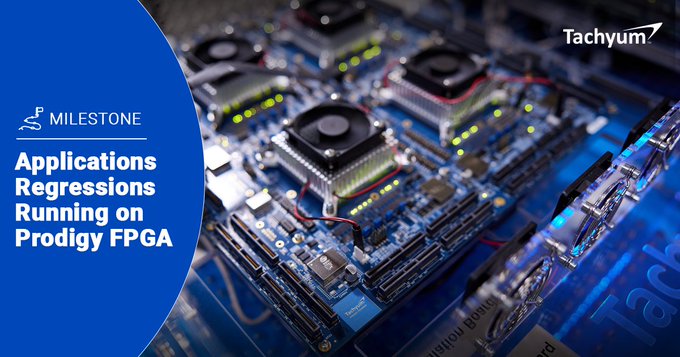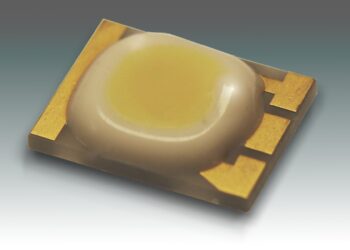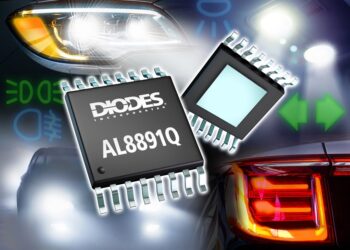Tachyum announced today it has achieved another milestone on the road to the commercialization of Prodigy, the world’s first Universal Processor, as it begins testing key applications on Prodigy FPGA prototypes.
Having recently completed the porting and testing necessary for system-software like UEFI, BMC, bootloader, and operating systems through the toolchains, Tachyum has now completed porting of other applications to test a wide range of workloads on the FPGA prototype. When applications are verified to run cleanly on the Prodigy FPGA, the Prodigy chip will be ready for tape-out and volume manufacturing.
To accelerate application testing, Tachyum has invented and developed a new infrastructure for regression testing, to capture FPGA execution and bugs in the first instance. With this new system, engineers avoid the necessity of manually reproducing bugs, a very time-consuming process that can delay development schedules. This infrastructure is essential for bugs which occur after trillions of cycles, which would take a very long time to debug. Some bugs are so rare that they are very hard to reproduce, and sometimes cannot be manually reproduced. Catching bugs on their first occurrence is the key to getting the chip ready for production quickly. Engineers can take traces from the Prodigy FPGA prototype, run trillions of cycles in a C-model called “cyclerun“ and then feed the state from the C-model to the RTL simulation, which can run tens of millions of cycles, or more, before the bug manifests in RTL. The engineers can then debug in the RTL simulation, instead of using a very time-consuming signal tap on the FPGA.
“Validating applications necessarily follows completing the physical design of the chip and will help us verify Prodigy’s performance in customer and partner deployments,” said Dr. Radoslav Danilak, founder and CEO of Tachyum. “The pace at which our team is hitting milestones is a model for the semiconductor industry and shows our laser-focus on reaching tape-out and ultimately transforming the economics of data center computing.”
Tachyum has also verified Prodigy’s design against the most recent version of the industry-standard Berkeley TestFloat/SoftFloat package.
Prodigy delivers a revolutionary new architecture that unifies the functionality of CPU, GPGPU, and TPU into a single chip. As a Universal Processor, Prodigy provides both the high performance required for cloud and HPC/AI workloads within a single architecture. Because of its utility for all workloads, Prodigy-powered data center servers can seamlessly and dynamically switch between computational domains.
By eliminating the need for expensive dedicated AI hardware and dramatically increasing server utilization, Prodigy reduces CAPEX and OPEX significantly while delivering unprecedented data center performance, power, and economics. Prodigy integrates 128 high-performance custom-designed 64-bit compute cores, to deliver up to 4x the performance of the highest-performing x86 processors for cloud workloads, up to 3x that of the highest-performing GPU for HPC, and 6x for AI applications.








